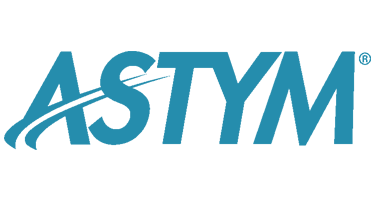
07 Feb How To Treat Jumper’s Knee (Patellar Tendinitis)
Pain in the front of the knee is very common in many types of sports that are associated with quick stops, starts, changes in directions, and jumping. “Jumper’s knee” or patellar tendinitis/tendinopathy is a condition that usually persists for more than 4-6 weeks after symptoms appear. Pain is generally intermittent and associated with activity.
Clinicians practicing Astym will find a nodule of tissue (scar tissue) just below the kneecap that correlates with the patient’s symptoms. This scar tissue may represent the dysfunctional healing of the tendon that can be addressed effectively with Astym treatment and exercises.
Clinically, a physical therapist can assist with management of jumper’s knee by stimulating the lower extremity with Astym treatment to assist with resorption of the dysfunctional tissue, and to stimulate production of new collagen tissue. In conjunction with treatment, the patient needs to participate by doing stretching exercises and increasing activity that will help guide the healing of this new tissue. Another important aspect of rehabilitation is making sure future recurrence is prevented by addressing the poor biomechanics that may have put too much pressure on the knees. A physical therapist can help to evaluate and educate the patient on how to reduce the stress to the knees through incorporation of the hips and proper trunk posture with quick stop/starts, changes of direction, and jumping.
Stretches that address improving flexibility of the muscles of the hips, quadriceps, hamstrings, and calf muscles in conjunction with Astym are helpful. Also, “eccentric” exercises1 have been shown to help by doing lengthening exercises of the quadriceps with resistance to discomfort while squatting on a decline board.
Meet today’s guest blogger:

Noel Tenoso, PT, DPT, OCS practices in the Portland, Oregon area and owns 2 clinics, Advance Sports & Spine Therapy. He has certifications in manual therapy and Mechanical Diagnostic Therapy with the McKenzie Institute. Both clinics have met the criteria of being certified McKenzie Clinics. He has been certified with Astym since 2005.
1Jonsson P, Alfredson H. Superior results with eccentric compared to concentric quadriceps training in patients with jumper’s knee: a prospective randomized study. BJSM, 2005; 39: 847-850




